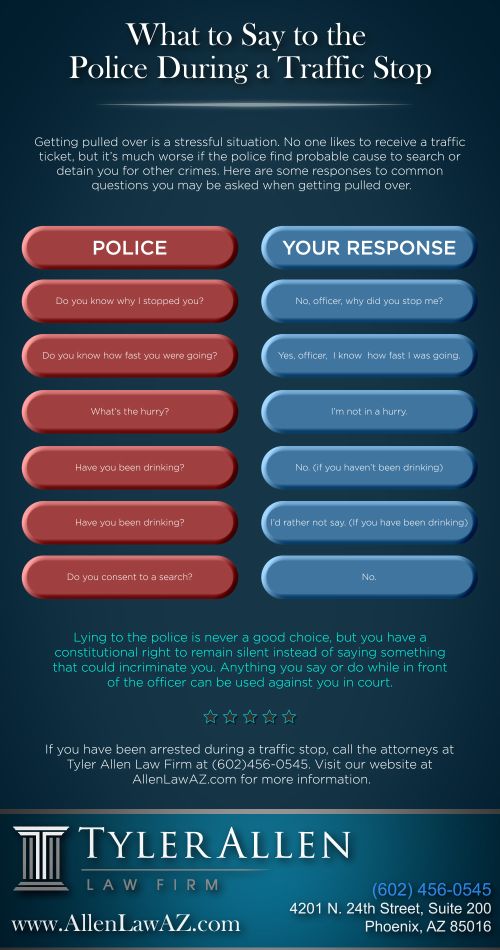Facing a DUI stop can be a nerve-wracking experience, but understanding your rights is crucial. While being pulled over for suspicion of driving under the influence may seem alarming, remember that simply being stopped doesn’t automatically mean you’ll be arrested or charged. In some cases, individuals may be released after a field sobriety test or breathalyzer, avoiding further legal consequences. This article will guide you through your rights during a DUI stop, explaining the process and steps you can take to protect yourself.
This article will delve into your rights during a DUI stop, covering topics like field sobriety tests, breathalyzer tests, strategies for avoiding arrest, and potential legal consequences. By understanding these aspects, you’ll be better equipped to navigate this challenging situation.
DUI Stop Rights
When pulled over for suspicion of DUI, remember that you have certain constitutional rights. The most important is the right to remain silent. You are not obligated to answer any questions beyond providing your name, driver’s license, and registration. Politely decline to answer any inquiries about your alcohol consumption or driving behavior.
Another crucial right is the right to an attorney. If you feel uncomfortable or unsure about your situation, request legal counsel immediately. Remember, anything you say can be used against you in court, so it’s best to exercise your right to silence and seek legal advice.
It’s also important to understand that law enforcement officers cannot legally search your vehicle without a warrant or probable cause. If they attempt to search your car without a valid reason, politely but firmly object and request their justification. Be aware of your surroundings and remain calm throughout the interaction.
Field Sobriety Tests
If an officer suspects you’re driving under the influence, they may ask you to perform field sobriety tests (FSTs). These tests are designed to assess your balance, coordination, and reaction time. Common FSTs include the horizontal gaze nystagmus test, walk-and-turn test, and one-leg stand test.
While you are not legally obligated to perform these tests, refusing can lead to an automatic license suspension in some states. If you choose to participate, remember to follow the officer’s instructions carefully and try your best. However, be aware that FSTs are subjective and can be influenced by factors like fatigue or medical conditions.
If you feel uncomfortable performing the tests or believe they are being conducted unfairly, politely express your concerns to the officer. You can also request a breathalyzer test as an alternative.
Breathalyzer Tests
A breathalyzer test measures the amount of alcohol in your breath and provides an estimate of your blood alcohol content (BAC). If you refuse a breathalyzer test, you will likely face severe penalties, including license suspension or revocation.
It’s important to understand that breathalyzers are not foolproof and can be affected by various factors like recent consumption of mouthwash or certain medical conditions. If you believe the breathalyzer results are inaccurate, politely inform the officer and request a blood test as an alternative.
Avoiding Arrest
While being pulled over for suspicion of DUI can be stressful, there are steps you can take to potentially avoid arrest. Remain calm and polite throughout the interaction with the officer. Provide your required documents promptly and clearly state that you wish to remain silent.
Avoid making any incriminating statements or admitting to drinking alcohol. If asked about your whereabouts before being pulled over, provide a brief and factual response without elaborating. Remember, your goal is to cooperate while protecting your rights.
Legal Consequences
If you are arrested for DUI, the legal consequences can be severe. Penalties vary depending on factors like your BAC level, prior offenses, and state laws. Potential consequences include fines, jail time, license suspension or revocation, mandatory alcohol education programs, and increased insurance premiums.
It’s crucial to seek legal counsel immediately if you face DUI charges. An experienced attorney can help navigate the legal process, protect your rights, and potentially reduce the severity of the penalties.
Conclusion
Facing a DUI stop can be a daunting experience, but understanding your rights is essential. Remember to remain calm, polite, and assert your right to silence. While field sobriety tests and breathalyzer tests are common procedures, you have the right to refuse them and seek legal counsel. By being aware of your rights and taking appropriate steps, you can navigate this challenging situation effectively and protect yourself from potential legal consequences.



